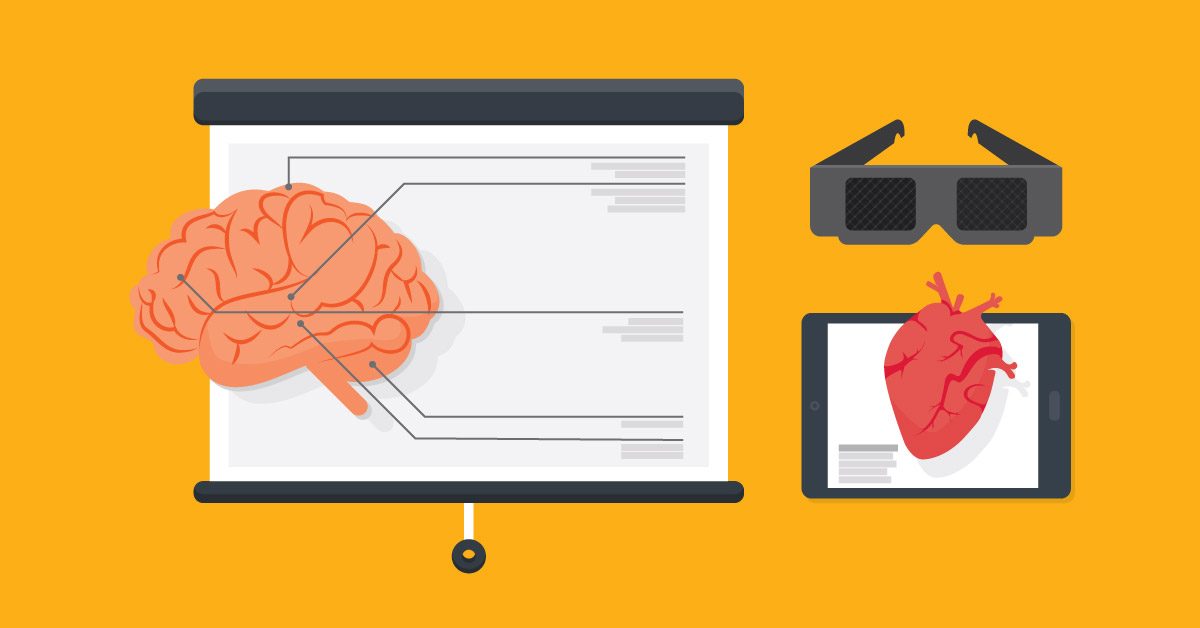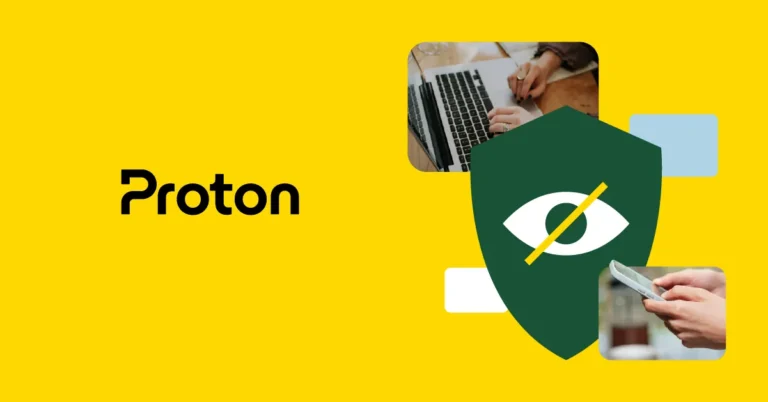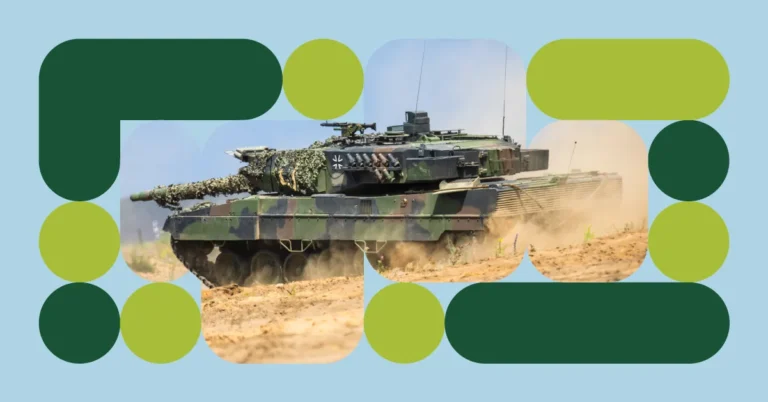Thanks to two Lithuania-based technology companies, Kitron and TeleSoftas, Lithuanian school pupils can now enjoy 3D interactive learning. Lithuania’s first ever ‘smart 3D classroom’ was opened this week in Kaunas Saulė gymnasium, an upper school in the country’s second largest city, and will be used for teaching IT, mathematics and the sciences in innovative new ways.
The project is indicative of the growing contribution being made by Lithuania’s burgeoning IT sector to improving education levels in the country. It is also another example of successful cooperation between business and education in the Baltic state. In this case, the equipment for the new classroom was provided by TeleSoftas, a Lithuanian mobile app developer, and Kitron, Scandinavia’s leading provider of electronics manufacturing services who have a production unit in Kaunas.
For Simonas Kairys, Vice-Mayor of Kaunas, this partnership between schools and companies can help educators realise their aspirations for improving conditions in the classroom. “We are delighted to see business working alongside science and learning, a situation which is becoming increasingly more common,” Mr Kairys commented. “I am delighted to be in one of the best schools in the Kaunas region, which takes its school philosophy seriously and has ambitious goals.”
Research into the effectiveness of these types of learning environments in Europe and the USA has shown that they are of huge benefit both to schoolchildren and to their teachers. Professor Dainius Pavalkis, lecturer at the Lithuanian University of Health Sciences and advisor to the mayor of Kaunas, believes such initiatives are of critical importance for further improvements in educational standards. “At a recent conference on the future of education, technologies such as these were discussed and it was emphasised it is now of paramount importance for teachers to apply modern technologies in the learning process,” the Professor explained. And Kaunas Saulė gymnasium’s director, Sonata Drazdavičienė, agrees that technology should form “an integral part of the educational process. This means that not only is more learnt about science, but it also helps students to have better learning outcomes,” she pointed out.
For the two tech companies involved in the project, the key objective was to bring international best practice to Lithuanian schools in order to nurture and develop the next generation of talented researchers and programmers. “Six years ago I visited some Madrid schools where children had similar 3D classrooms,” explained Algirdas Stonys, director of TeleSoftas, on his inspiration for the Kaunas classroom. “Today we have finally taken a step which brings us closer to the rest of Europe and the world.” At Kitron, who develop bespoke electronics in a range of sectors worldwide, creating a passion for learning was also of key importance. “We are delighted that Kitron could contribute to the improvement of learning processes,” said Vita Staniukynaitė, head of personnel projects of Kitron. “I have no doubts that it will be much more interesting for children to learn new things.”













